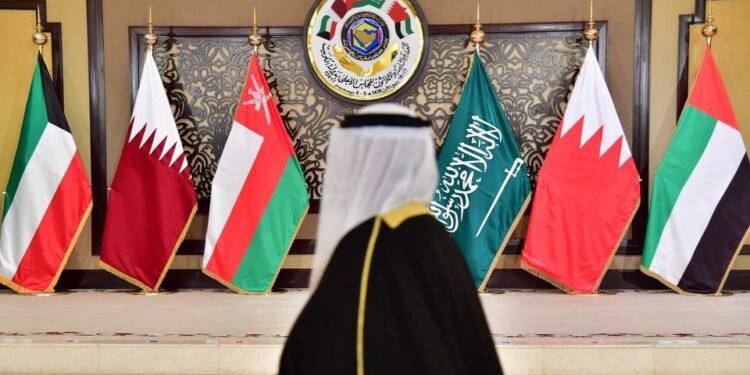World Cup excitement and tourism to add billions to GCC economies
This Sunday, the world’s biggest sporting event kicks off when hosts Qatar meet Ecuador. Alongside the excitement on sporting grounds, the FIFA World Cup 2022 will also provide a major boost to GCC economies through fan excitement and tourist spending.
Football’s premiere event is expected to draw more than 1.2 million visitors to the Gulf nation over the course of the 5-week World Cup period, as fans (and football-savvy residents) gear up for the first World Cup ever to be hosted in the Middle East.
According to a new report by RedSeer Strategy Consultants, the influx of tourists – and increased spending by local populations keen on joining in on the excitement – will provide a massive $4 billion uplift to GCC spending levels.
The hotels and hospitality sector will be the top beneficiary, with hotels in Qatar expected to see 95% occupancy through the period.
But with tourist inflow into Qatar at >50% of the annual inflow that the country sees in a typical year, under-capacity means that a serious share of tourists will turn to neighbouring countries in Gulf Cooperation Council.
The UAE, Kuwait, Bahrain, Saudi Arabia and Oman have welcomed this opportunity, with attractive accommodation options being rolled out along with daily shuttle flights to Doha.
Hotels have tapped into the opportunity with special World Cup packages, in sync with transportations support. Dubai will be the main neighbouring hotspot, with 30 daily flights to Doha during the event.
The tourist inflow will also provide a strong boost to the retail and e-commerce scene. Analysis by RedSeer Strategy Consultants predicts that a number of direct and indirect spending avenues will lift total sales in the October-November months to $70 billion, up from $61 billion last year.
“Retail spending from tourists is expected to be over $400 million,” said Sandeep Ganediwalla, managing partner of RedSeer Strategy Consultants in the Middle East.
“This year, two third of local consumers who will engage with the mega football tournament expressed their intention to spend more, across retail sectors, during the tournament. This is expected to lift retail sales by $2.8 billion.”
Combined with organic growth (due to growing popularity of major discount events such as Black Friday and a maturing e-commerce landscape), the Middle East’s retail sector will in the coming months face its largest opportunity ever.
“A significant portion of the spending will happen through online channels. which will also heavily influence offline purchases. Brands and retailers should double their focus on digital media during this period to maximize value creation for themselves and their target consumers,” recommended Ganediwalla.
Other sectors that will benefit from the World Cup and tourist include grocery retail, advertising, entertainment, media, and culture.








